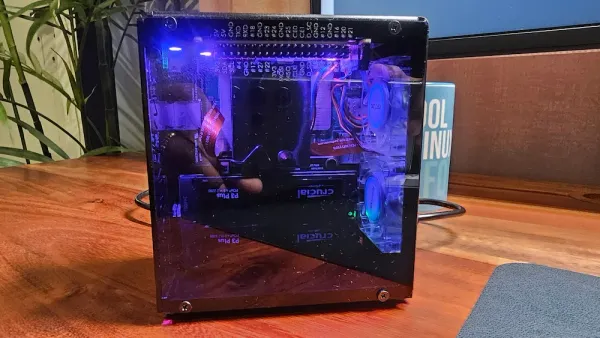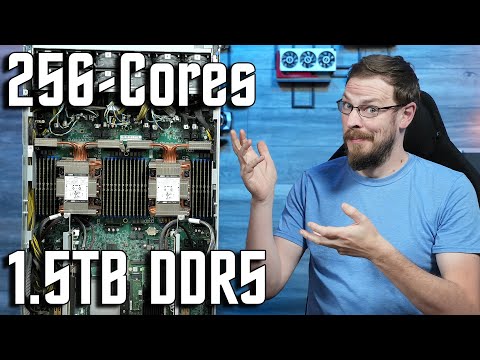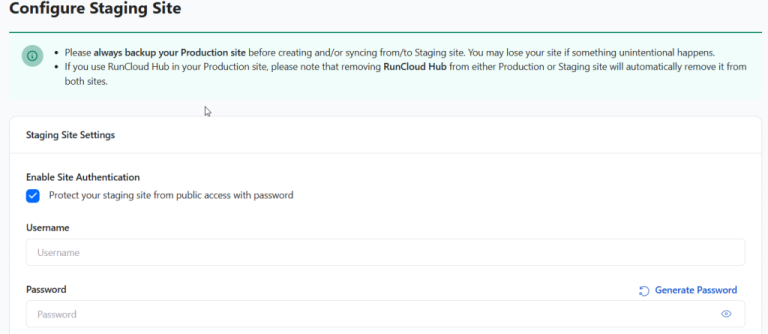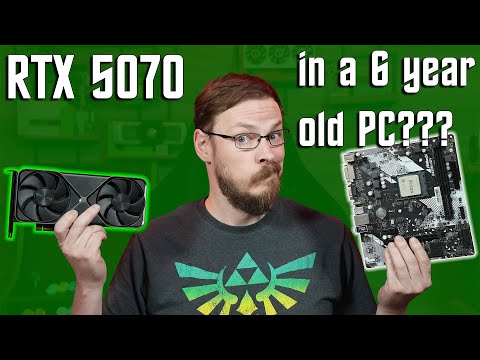
I thought I was smart to utilize those extra screws as a stand. Later I found out that it was intended for that purpose, as the official document also mentioned this trick.It’s actually fun to do the assembly. Not everyone will be a fan of this but I am guessing if you are into maker’s electronics, you won’t be unhappy with the assembly requirement.The imagination is your limit. There are no dearths of touch-focused Raspberry Pi projects.Sure, the price tag is more than the official Raspberry Pi touchscreen but SunFounder’s touchscreen has better quality (IPS), is bigger with better resolution, has speakers and supports more SBCs.

Table of Contents
Technical specifications
I have used a few SunFounder products in the past but the Pironman case made me their fan. And I truly mean that. This is why before I opened the package, I had a feeling that this will be a solid device.
| Specification | Details |
|---|---|
| Screen Size | 10 inches (diagonal) |
| Resolution | 1280 x 800 pixels |
| Panel Type | IPS (In-Plane Switching) |
| Touch Technology | Capacitive multi-touch (up to 10 points) |
| Connection | HDMI for display, USB for touch function |
| Compatible with | Raspberry Pi 4B, 3B+, 3B, 2B, Zero W |
| Power Supply | DC 12V/5A power supply with built-In USB-C PD |
| Audio | 2 speakers |
| Dimensions | 236mm x 167mm x 20mm |
| Viewing Angle | 178° (horizontal and vertical) |
| Weight | Approximately 350g |
Assembling
SunFounder claims that no drivers are required and the touchscreen is ready to be plugged in and play if you use Raspbian OS. If affordability is not a concern and you need excellent touch experience for your projects, I can surely recommend this product.
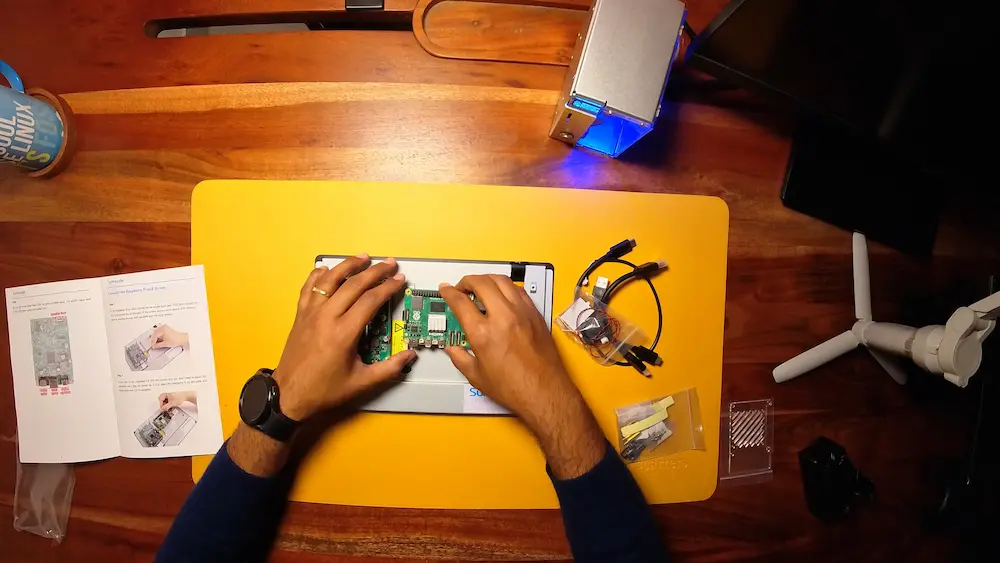
It is a well-thought device that gives a smooth touch experience. A single power cord runs both the screen and Pi. The on-board speakers give you more than just display although they are very basic.The device is powered by a 12V/5A DC power that also powers the Raspberry Pi with 5.1V/5A. There are LED lights at the back that indicate if the Pi is turned on or not.
Experiencing SunFounder DIY Touchscreen
There is no on-board battery, in case you were wondering about that. It needs to be connected to the power supply all the time to function. Although, if you need, you can always attach a battery-powered system to it.All the interface remain available. The best thing is that it can be used with several other SBCs too. The assembling should not take you more than 10–15 minutes to put all the pieces together.At first glance, it seems like it is more suitable as a wall mount to display your homelab dashboard or some other information.
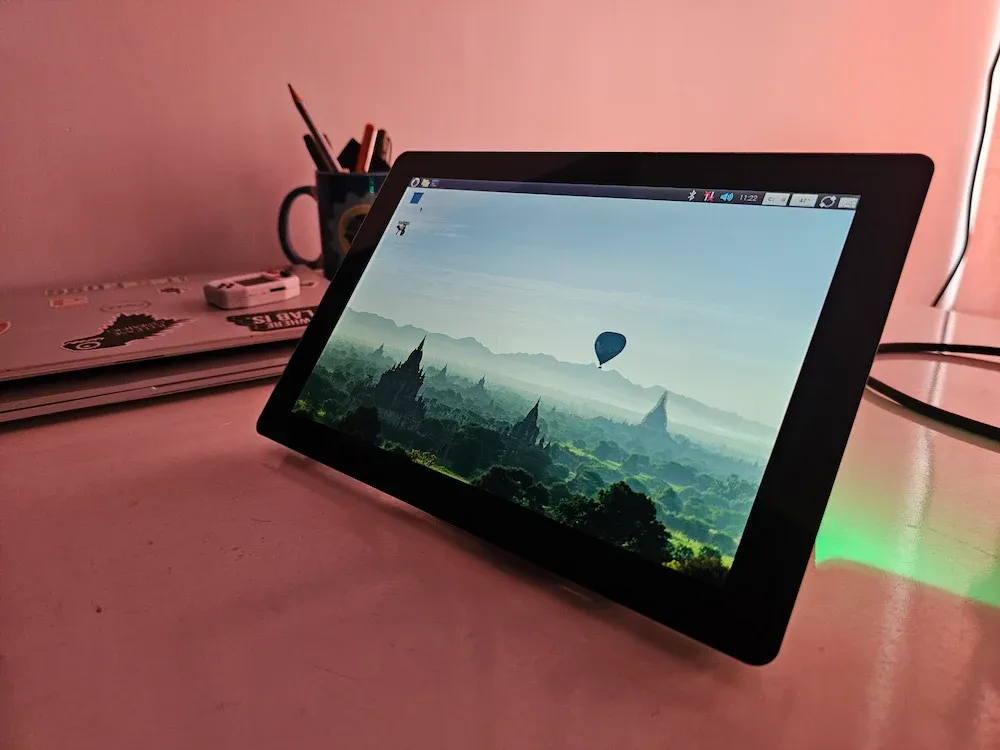
It would have been nice to have some sort of stand with the screen. That would make it easier to use the touchscreen as a monitor on the table.But it’s not completely impossible to use it without a dedicated stand on the desk. I used the extra M 2.5 screws to increase the length of the bottom two screws. That gave it a stand like appearance.
On-screen keyboard
Basically, it is a premium device, whereas most touchscreen available on lower prices have a very toy-ish feel.Before we get into the nitty-gritty of performance, let’s look at what you’re actually getting with this display:The display is IPS and the surface feels quite premium. Some people may find it a bit glossy and slippery but the IPS screens have the same look and feel in my experience.
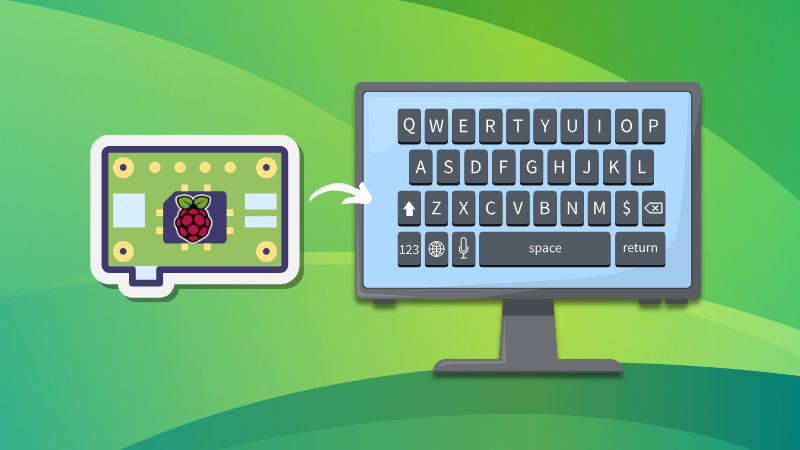
Speakers
While I didn’t have to install any drivers, and the touchscreen worked fine, I had to install squeekboard package to activate the on-screen keyboard on my Raspberry Pi 5 with Raspbian OS.But if you want anything more than that, you’ll need to attach proper speakers. It really depends on what you need it for.
Dude, where is my stand?
If you are considering adding touch capability to your Raspberry Pi project, this could be a good contender for that.By the way, if you want and have the resources, you can 3D print a custom case for the touchscreen. SunFounder provides the 3D Printer File and all necessary steps on its documentation website.Here are a few usages I can think of:

📜Before I forget, I should mention that the touchscreen also has two tiny speakers at the bottom. They are good enough for occasional cases where you need audio output. You won’t need to plugin a headphone or external speakers in such cases.

The assembly basically requires attaching the single board computer with the screws, taping the speakers and connecting it to the touchscreen cable.The 10 point capacitive touch works out of the box. The touch response is quite good. I noticed that the double-click mouse action actually needs 3 quick taps. It took me some time to understand that it is the intended behavior.
What can you use it for?
I still think that dedicated stand attachments would have been a better idea.The official SunFounder document mentions that this package should be preinstalled in Raspbian OS but that was not the case for me. Not a major issue as the on-screen keyboard worked fine too after installing the missing package.
- Cyberdeck setup
- Smart home dashboard
- Retro gaming setup
- Use in 3d printers
- Robotics control interface
- In-car entertainment system (I mean, why not, if you have an ancient car and want to do some tinkering)
- Mini kiosk for small businesses
- Homelab dashboard display
- Weather station and agenda display
- Digital photo frame
Should you get it?
I have got my hands on this 10 inches touchscreen from SunFounder that is made for Raspberry Pi like devices.Colors are vibrant, text is crisp, and the IPS panel means viewing angles are excellent.The 9.99 price tag is decent for the quality of the touchscreen and the out of box experience it provides for the Raspberry Pi OS.If you are on the lookout for a new touchscreen for your homelab or DIY projects, this is definitely worth a look. Let me share my experience with SunFounder’s 10 inch DIY Touch Screen with you.


